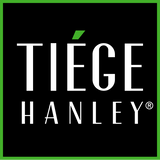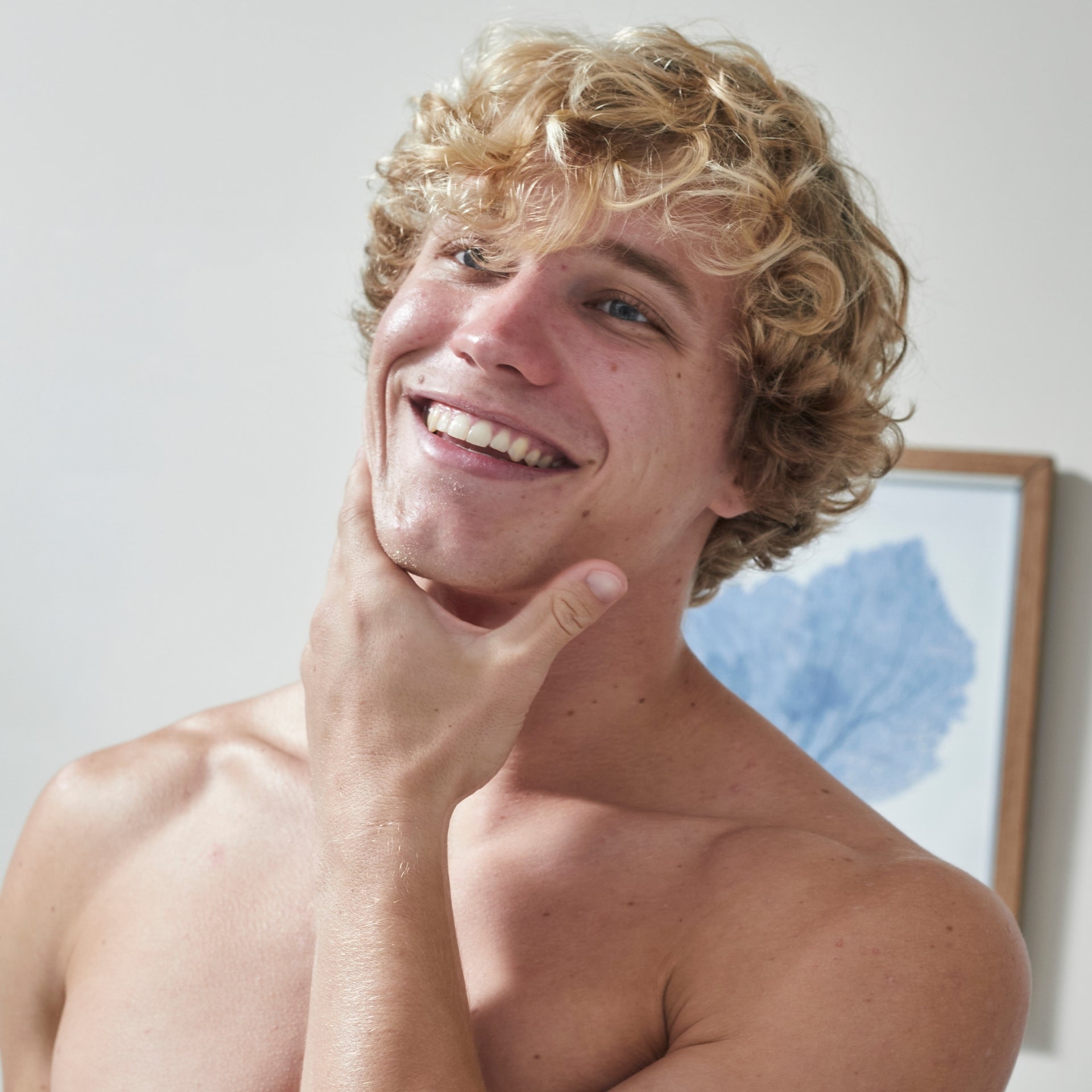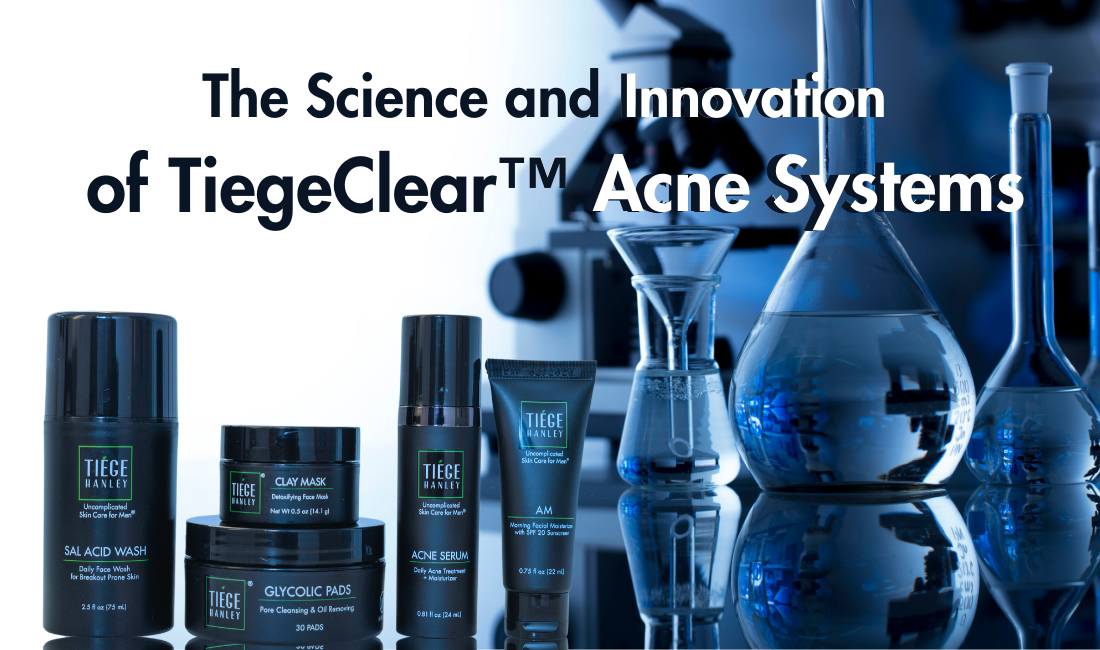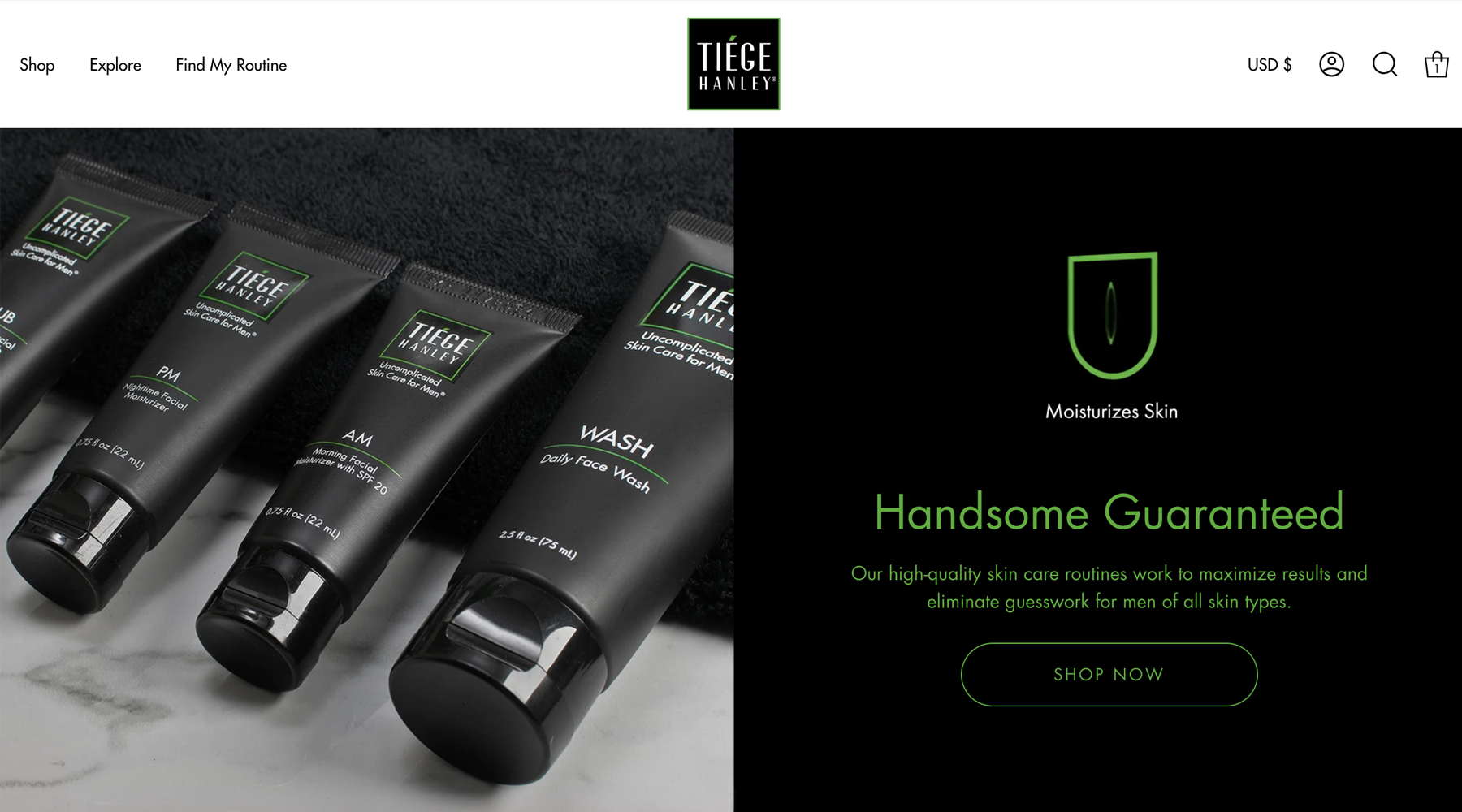Over the last few years, facial hair has skyrocketed in popularity. From slightly scruffy to full-blown beards, men everywhere are celebrating one of their most masculine traits.
Unfortunately, some men can’t partake in this trend due to their inability to grow a beard. The reason for this usually comes down to hormones and genetics.
If you’re frustrated with your patchy beard and sparse scruff, you’ve probably wondered on more than one occasion if there is an effective solution for your lack of facial hair. Is there any way to grow a thick, luscious beard?
Here is what you need to know:
- Dihydrotestosterone (DHT), a metabolite of testosterone, plays a significant role in your ability to grow a beard.
- Some vitamins and minerals may boost DHT and potentially increase the speed and density of your facial hair.
- Minoxidil (aka Rogaine) and related products may help some men but not others.
A Closer Look at Rogaine
One of the most popular facial hair solutions today is Rogaine, an over-the-counter topical medication of which the active ingredient is Minoxidil. Although there is evidence to suggest that Minoxidil is effective at growing hair on the scalp, there are few studies which focus on its effectiveness for facial hair.

However, it is worth mentioning that a 2014 study published in the Journal of Dermatology found that Minoxidil 2% lotion was effective at enhancing eyebrows (see claim: “Our study suggests that minoxidil 2% lotion is a safe and effective treatment for eyebrow hypotrichosis.”) This demonstrates that Minoxidil can grow hair on parts of the body other than the scalp.
What About Finasteride?
Another popular hair growth product is Finasteride, or Propecia. This product is taken orally to stimulate scalp growth by inhibiting the enzyme 5-alpha reductase, which is responsible for converting testosterone into DHT.
This is good for the scalp on your head because DHT is the influential androgen that is responsible for reducing hair growth on your scalp. However, DHT is also responsible for stimulating facial hair, pubic hair and hair on your chest.
Thus, Finasteride is not the best choice for men who want to grow luscious beards.

Analyzing Beard Supplements
First, let’s point out that many of the vitamins listed in beard supplements are also included in any decent multivitamin. Beard Boost, which will run you $50 a bottle, contains much the same vitamins you would find in a generic men’s multivitamin.
While Beard Boost has higher percentages of their vitamins, consider that these are mostly water-soluble vitamins. Meaning, your body will excrete whatever it doesn’t use in your urine.
But on to the important question—can vitamins boost your facial hair? Let’s take a closer look at some of the key vitamins for facial hair growth:
- Biotin—Biotin is perhaps best known for its potential to grow dense, luscious hair. No studies have been conducted on biotin and beard growth specifically. A 2017 review published in Skin Appendage Disorders analyzed 18 cases of biotin for hair and nail growth and found that there was little evidence of the efficacy of biotin (see claim: Though its use as a hair and nail growth supplement is prevalent, research demonstrating the efficacy of biotin is limited.”)
- L-lysine—An important amino acid, l-lysine is a common vitamin listed on many beard growth supplements. This is because it can potentially promote hair growth without inhibiting DHT. According to a 2002 study published in the Journal of Clinical and Experimental Dermatology, participants who had hair shedding responded well to l-lysine and iron therapy (see claim: “Double-blind data confirmed… a significant proportion responded to l-lysine and iron therapy.”)
- Vitamin D—A 2007 study published in the Journal of Steroid Biochemistry and Molecular Biology found that Vitamin D may stimulate hair follicles which were once dormant (see claim: “…demonstrated that mutant VDRs incapable of ligand-dependent transactivation were able to prevent alopecia.”)
- Niacin—A form of Vitamin B3, Niacin is a common skin care ingredient for its anti-aging benefits and anti-inflammatory effects. It also shows promise for boosting hair growth. A study published in the Journal of Cosmetic Dermatology found that women who took niacin derivatives had fuller hair after six months (see claim: “…nicotinic acid derivatives offers promise for providing benefit in female alopecia and warrants further study.”)
Bottom Line
Many of the products for beard growth are preying on insecurities in men who can’t grow a full beard. To achieve denser facial hair, your best bet is to naturally boost your testosterone and DHT with a healthy diet and regular exercise.
If you want to improve the look of your facial hair, start by taking better care of your skin. After just a couple weeks of using Tiege Hanley skin care, your skin will look so amazing that you won’t want to cover it up with a beard anyway.








